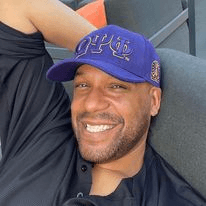We’re excited to introduce you to the always interesting and insightful Crux Conception, M. Psych. We hope you’ll enjoy our conversation with Crux below.
Crux , thanks for taking the time to share your thoughts with us today. We’re excited to dive into your story and your work, but first let’s start with a broader topic that might be stopping many of our readers from pursuing their dreams – haters, nay-sayers, etc. How have you managed to persist despite haters and nay-sayers that inevitably follow folks who are doing something unique, special or off the beaten path?
Throughout my extensive career in law enforcement, teaching, and public speaking, I have faced numerous challenges, including skepticism and criticism from various quarters. Despite these obstacles, I have developed resilience by focusing on the impact of my work and the people I serve.
Importantly, I’ve come to realize that when someone takes the time out of their day to criticize or attempt to undermine my work, it’s often a sign that I’m doing something right. Think about it: for a person to be so invested in what I’m doing, to the point where they feel compelled to voice their disapproval, it suggests that I have influence—perhaps more than they’d like to admit. This perspective has allowed me to see that, in essence, I hold power and control over the hater, not the other way around. It’s a reminder that my work is impactful, and that influence naturally attracts attention, both positive and negative.
Essentially, persistence in the face of haters and naysayers has been about staying true to my mission, constantly improving, and letting my work speak for itself. The key is to focus on the positive outcomes you can achieve and use criticism constructively to become better at what you do. By doing so, I have been able to turn challenges into opportunities and doubts into confidence.
One of the most significant challenges was during my tenure as a Lead Homicide Detective and Hostage-Crisis Negotiator. In these roles, the stakes were incredibly high, and every decision I made was subject to scrutiny. There were times when colleagues doubted my strategies and external parties questioned my decisions. However, I remained steadfast by grounding myself in thorough preparation and evidence-based practices. My commitment to the truth and justice enabled me to stay focused on the end goal, even when faced with doubts from others.
In my transition to academia and public speaking, I encountered similar skepticism. As an Adjunct Professor teaching complex subjects like “The Psychology of Homicide”, I faced resistance from students and peers who were skeptical of my unconventional teaching methods. I countered this by continuously refining my approach, incorporating feedback, and demonstrating the effectiveness of my methods through student success and engagement. Over time, this persistence not only silenced the critics but also earned me respect and recognition in the academic community.
Additionally, founding Crux Conception, my public speaking and training company, came with its own set of challenges. As a speaker addressing mental health, team building, and communication skills on global platforms, I encountered naysayers who doubted the relevance or impact of my messages. Instead of yielding to these doubts, I used them as fuel to refine my message and connect more deeply with my audience. I focused on delivering value and empowering individuals, which gradually turned skepticism into appreciation and demand for my services.
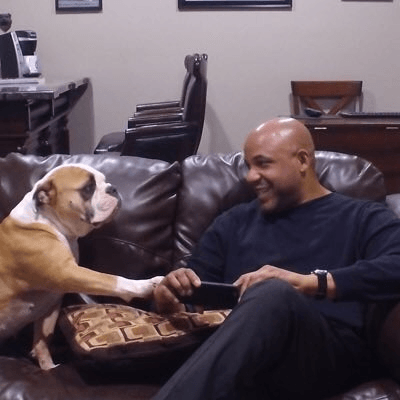
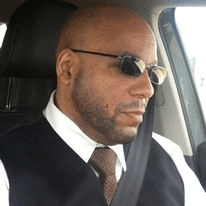
Thanks, so before we move on maybe you can share a bit more about yourself?
As the founder of Crux Conception and a seasoned expert with over two decades of experience in law enforcement, criminal profiling, and public speaking, I dedicate my career to enhancing mental health awareness, team building, and effective communication strategies. My approach integrates innovative teaching and learning methods derived from extensive research, practical law enforcement experience, and a deep understanding of behavioral psychology.
I am thrilled to announce my recent role as an expert analyst on CBS’s “The Real CSI: Miami,” where I provide in-depth analysis and commentary, ensuring the forensic science depicted is both accurate and comprehensible. This role allows me to blend my expertise in forensic psychology with real-life criminal investigations, bringing a richer, more informed perspective to viewers worldwide.
Furthermore, I am developing a transformative platform aimed at aiding grieving mothers across the USA whose children’s deaths remain unresolved. This initiative, while not promising case resolutions, offers psychological profiling that could answer lingering questions, providing some solace, and understanding to those left behind.
What sets my work apart is the unique integration of psychological principles with real-world applications. This is evident in my involvement with European law enforcement agencies where I assist in profiling cases, enhancing investigative outcomes through behavioral understanding.
Additionally, I actively travel throughout Europe, delivering speeches and workshops aimed at fostering skills and knowledge that transcend the typical confines of professional development. These engagements are not just about imparting knowledge but are designed as interactive sessions that encourage practical application, making every learning opportunity unique and directly impactful.
I invite readers to connect with me through various channels where I share insights, updates on my speaking engagements, and information on upcoming workshops. For more about my work, my journey, and how I can help you or your organization, please visit my online profiles listed on my website and social media platforms.
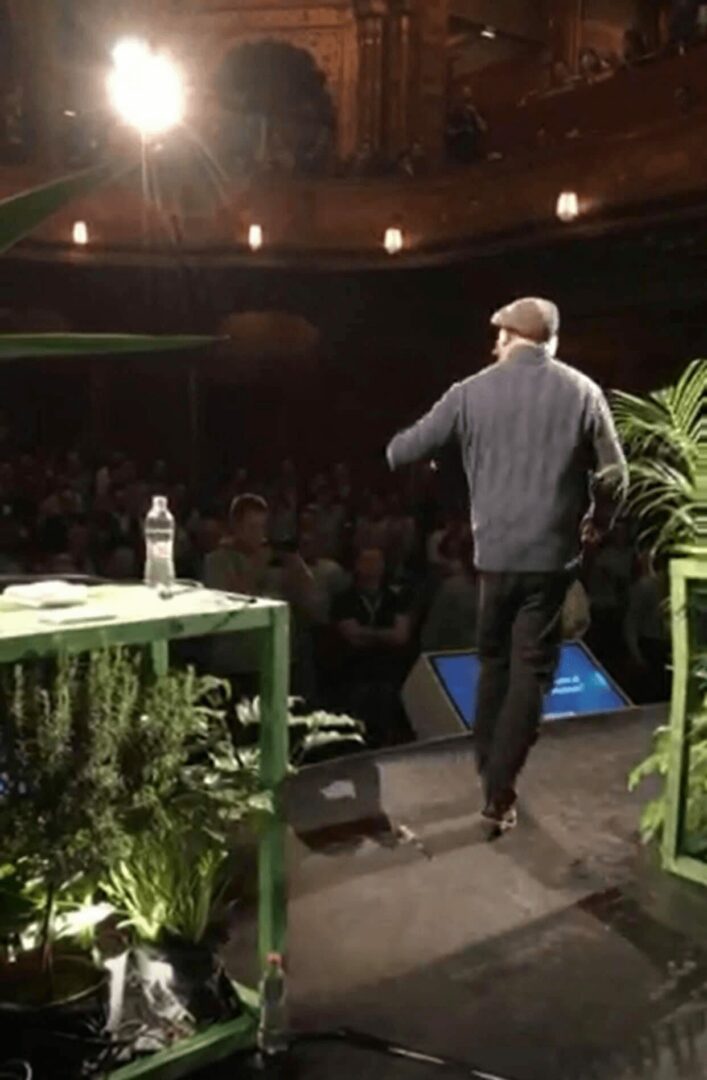
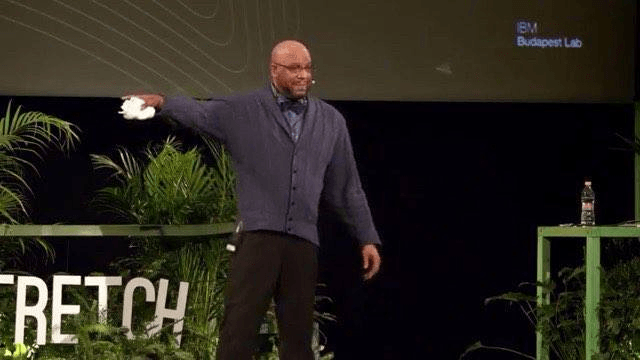
There is so much advice out there about all the different skills and qualities folks need to develop in order to succeed in today’s highly competitive environment and often it can feel overwhelming. So, if we had to break it down to just the three that matter most, which three skills or qualities would you focus on?
Reflecting on my journey, the three qualities, skills, or areas of knowledge that were most impactful are:
Interpersonal Communication: The ability to communicate effectively is crucial, especially in fields involving teaching, law enforcement, and public speaking. It’s about conveying information clearly and empathetically, which is essential whether you’re in a classroom, conducting an investigation, or leading a workshop. For those starting their journey, I recommend actively seeking opportunities to speak in public and engage in negotiations or conflict resolution scenarios. Additionally, consider courses in non-verbal communication and active listening to enhance your ability to read and respond to social cues effectively.
Behavioral Profiling: Understanding the psychological and behavioral underpinnings of human actions has been central to my roles as a criminal profiler and educator. This skill is not only about analyzing crime scenes or teaching about criminal minds; it’s also about understanding motivations in everyday interactions. To develop this skill, immerse yourself in psychology courses, and if possible, seek mentorship from professionals in the field of forensic psychology. Practical experience, such as internships with law enforcement agencies or volunteering in mental health settings, can also be incredibly valuable.
Adaptability and Continuous Learning: The landscape of any professional field can change rapidly. Being adaptable and committed to lifelong learning has allowed me to stay relevant and knowledgeable, whether it’s updating teaching methods or staying abreast of the latest forensic techniques. For those early in their careers, cultivate a habit of continuous education. Attend workshops, subscribe to relevant journals, and do not shy away from technologies or ideas that may initially be outside your comfort zone.
Advice for Development:
Practice makes perfect: Engage regularly in activities that challenge your communication and profiling skills.
Stay informed: Keep up with the latest research and developments in your field to ensure your knowledge remains current.
Network effectively: Connect with professionals in your area of interest to learn from their experiences and gain exposure to new opportunities.
By focusing on these areas, you can build a strong foundation for a successful and fulfilling career.
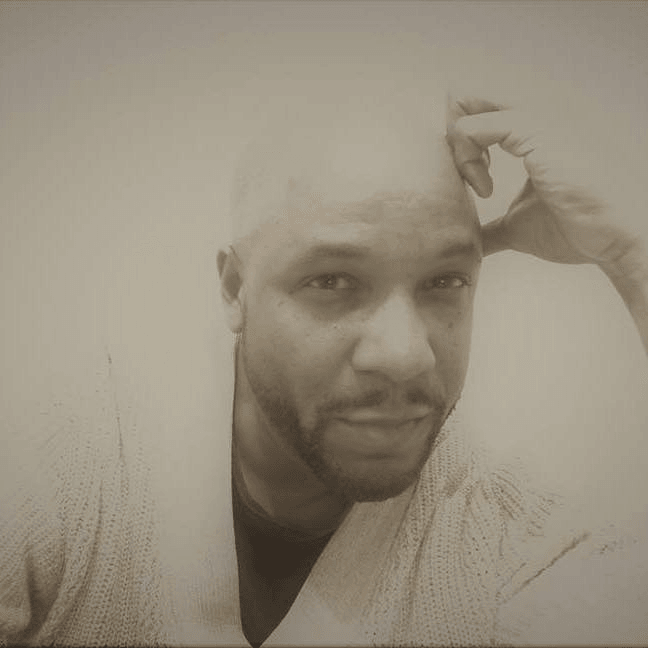
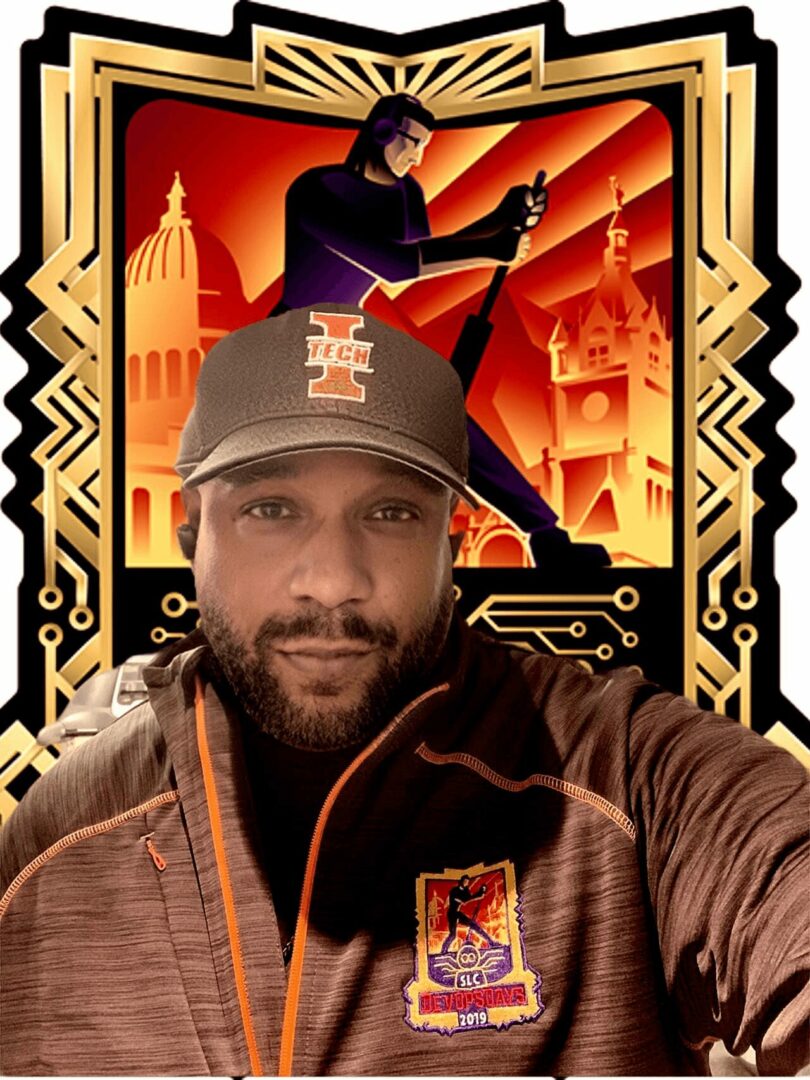
What’s been one of your main areas of growth this year?
Over the past 12 months, my biggest area of growth has been in the integration of cutting-edge psychological profiling techniques with forensic science, particularly through my role as an expert analyst on CBS’s “The Real CSI: Miami.” This position has allowed me to refine my ability to convey complex forensic concepts to a broad audience effectively, ensuring that the science behind criminal investigations is both accessible and engaging. Additionally, I have expanded my professional reach into new global markets, particularly in Europe, where I have been delivering workshops and speeches that bridge the gap between law enforcement methodologies and civilian applications. This international exposure has not only broadened my professional network but also deepened my understanding of diverse psychological and cultural dynamics, enhancing my ability to teach and profile effectively across different contexts.
Contact Info:
- Website: https://bit.ly/CruxConCeption
- Instagram: https://www.instagram.com/cruxconception
- Facebook: https://www.facebook.com/crux.conception.3
- Linkedin: https://www.linkedin.com/in/crux-conception
- Twitter: https://twitter.com/CruxConception
- Youtube: http://bit.ly/CruxYouTube
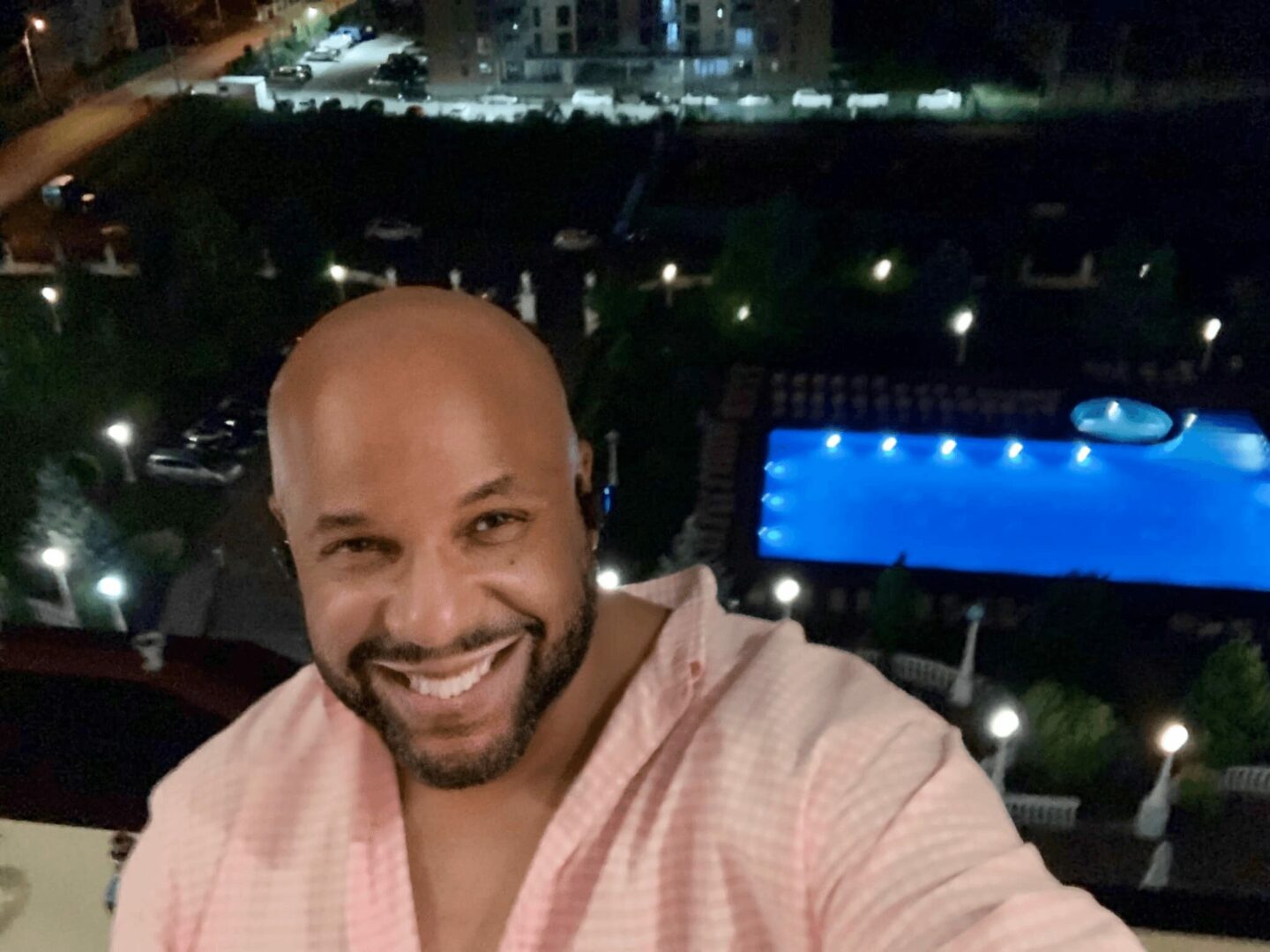
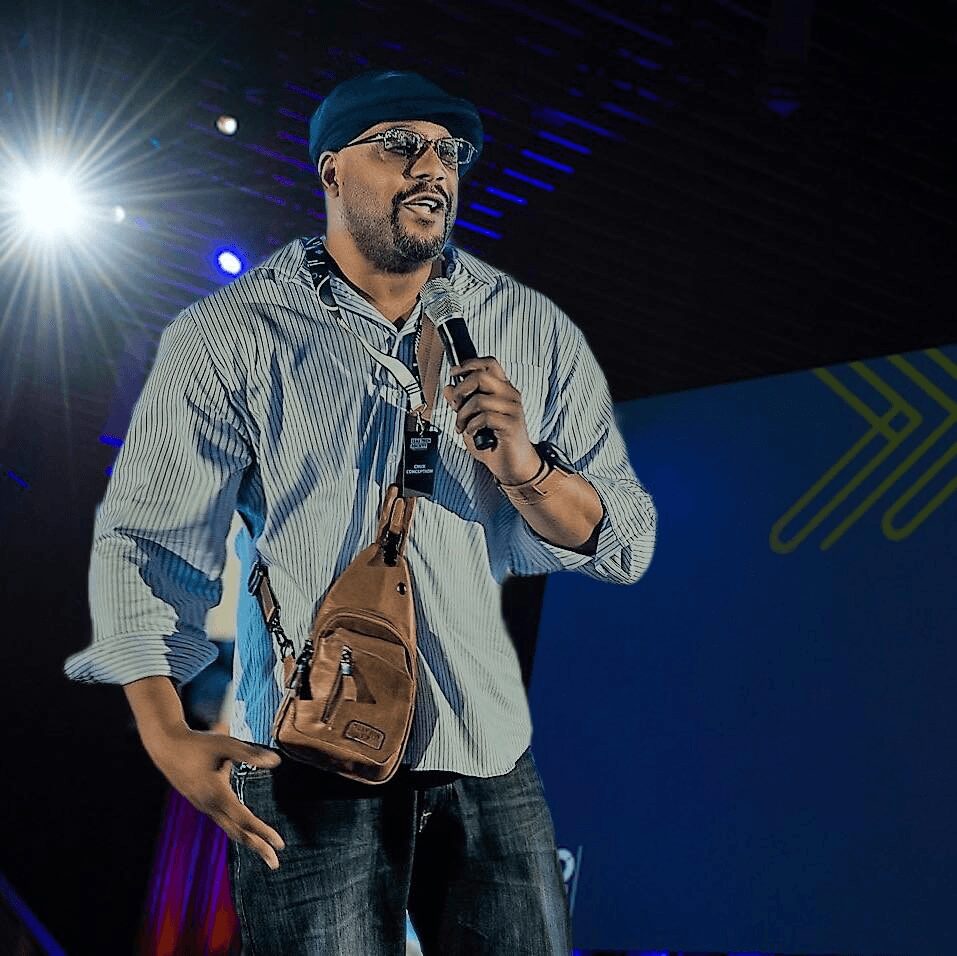
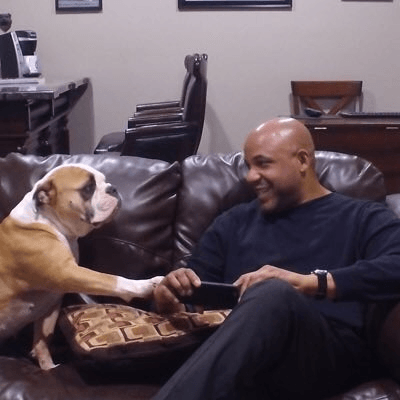
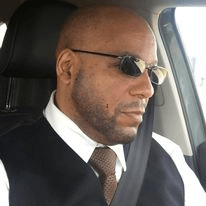
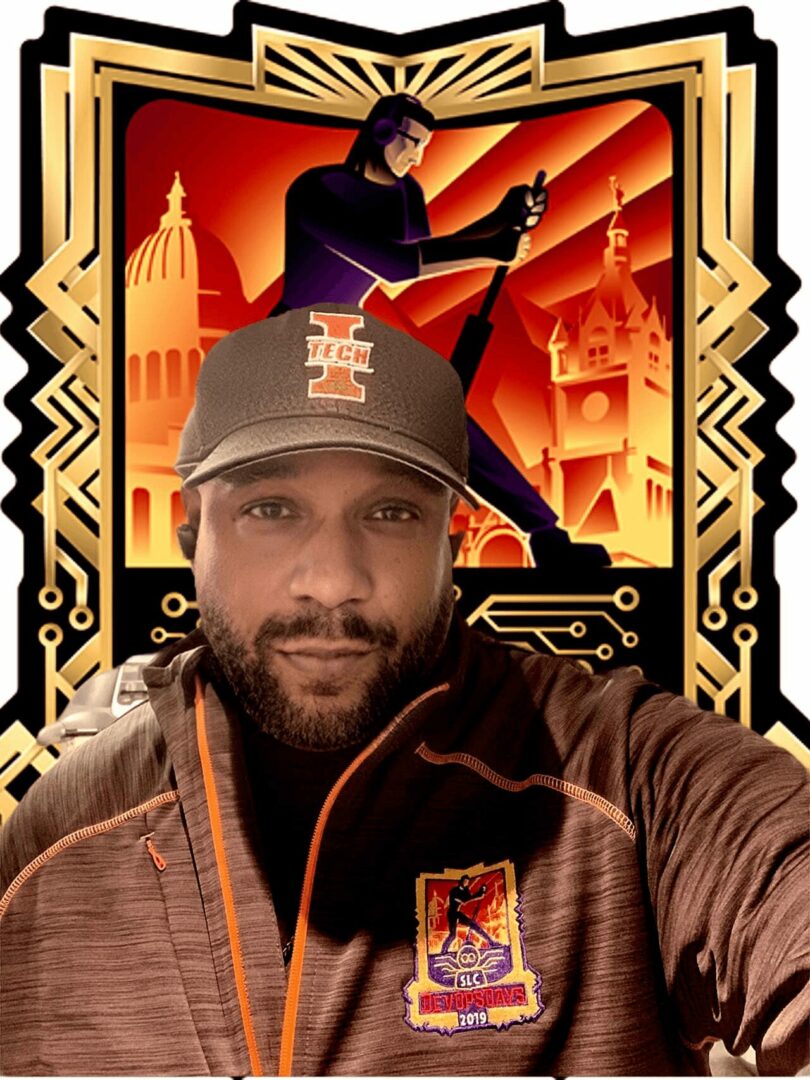
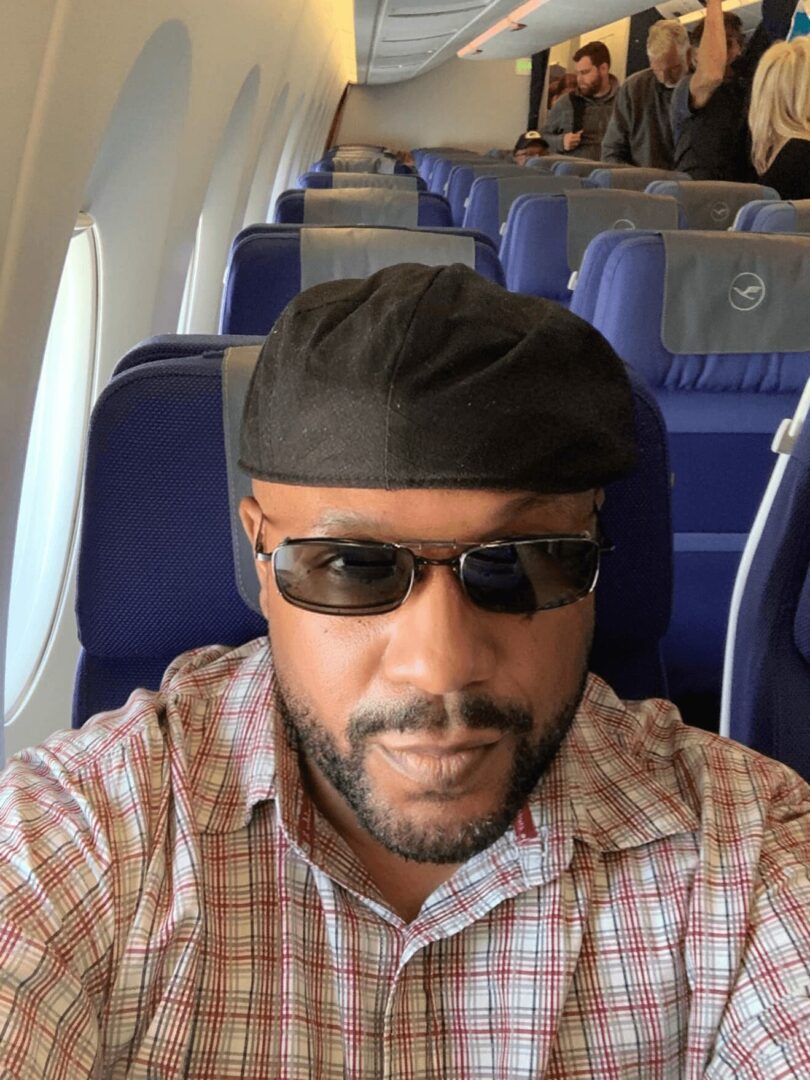
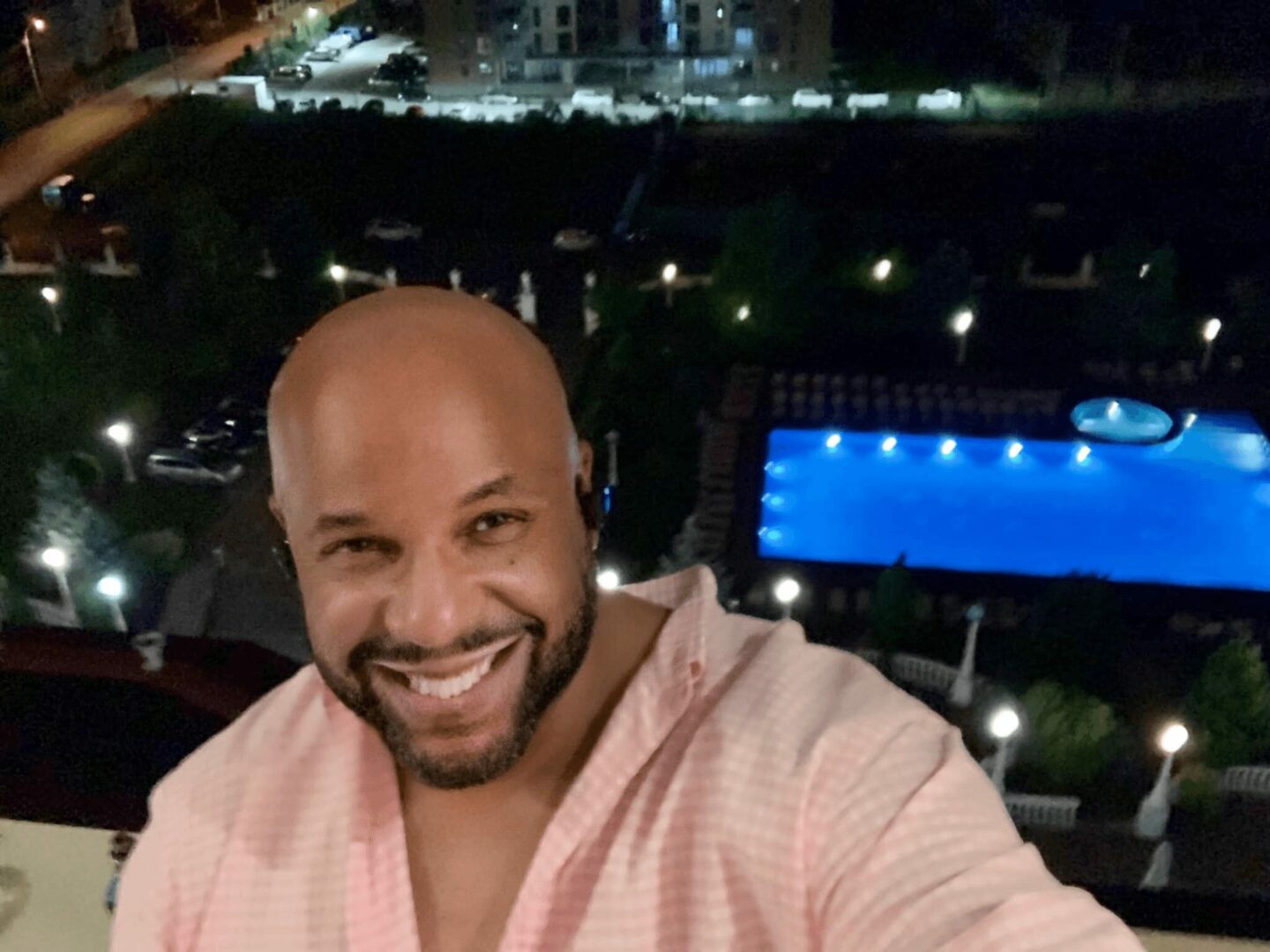
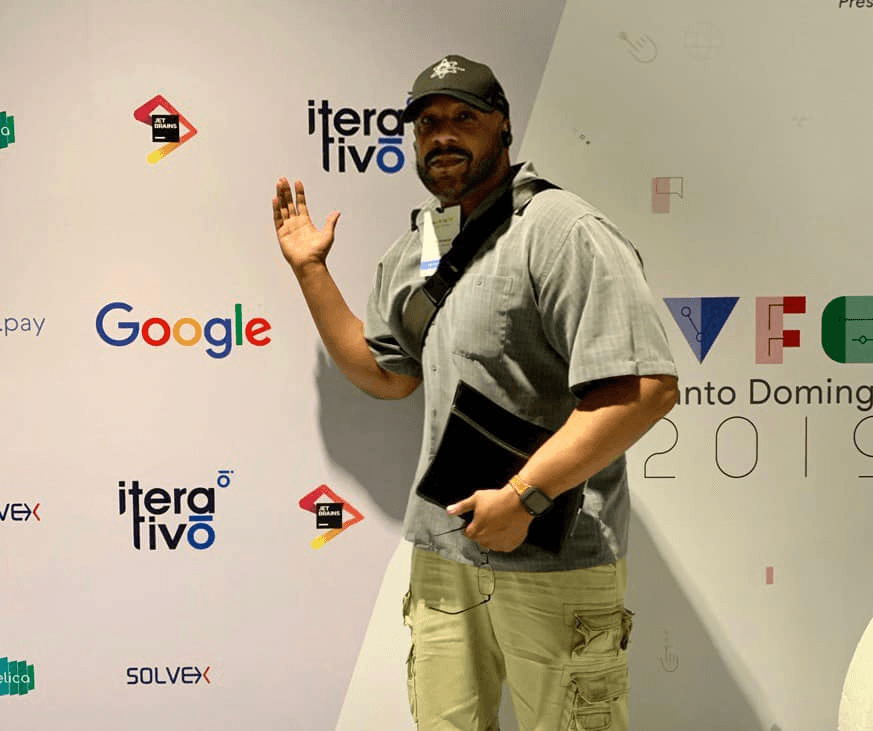
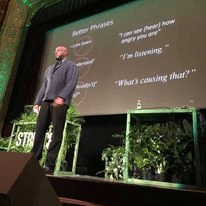

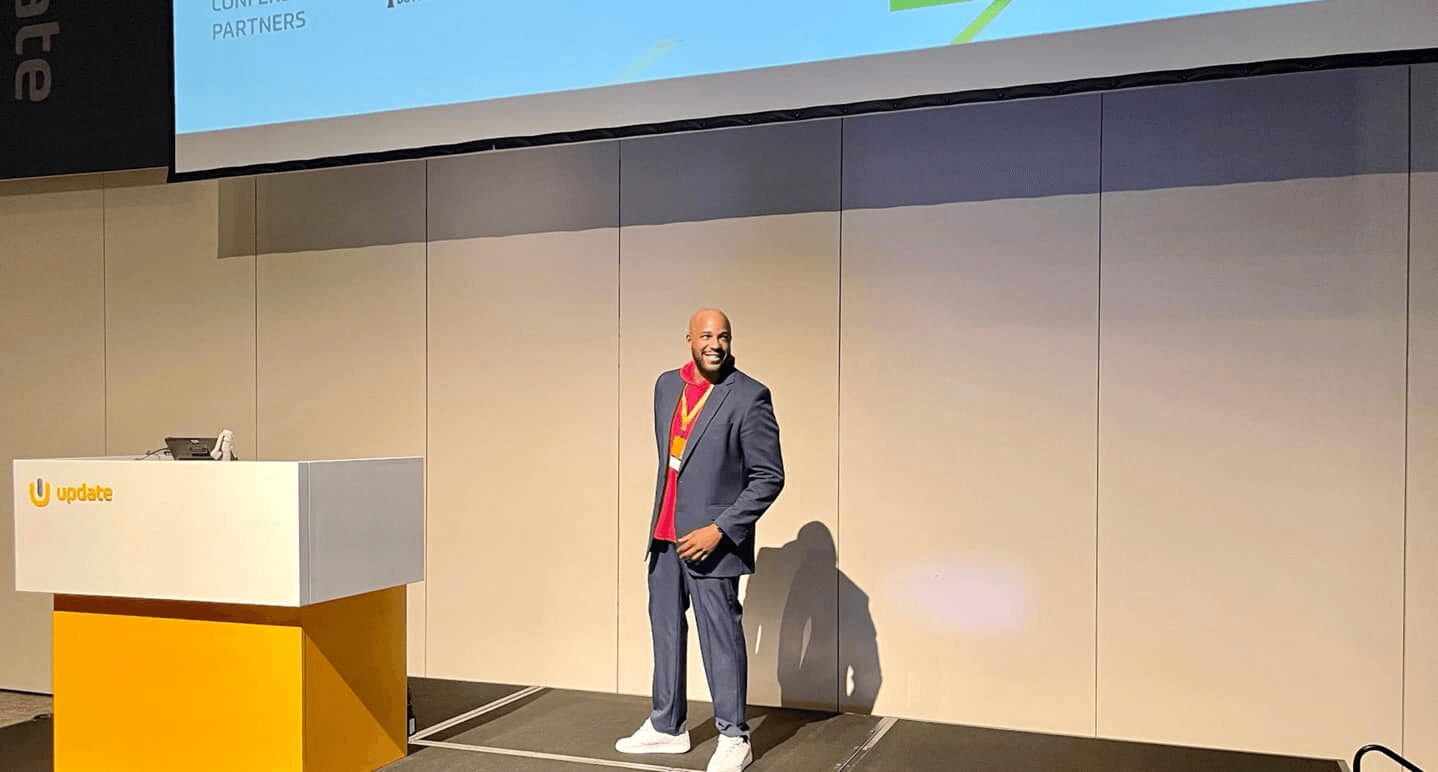
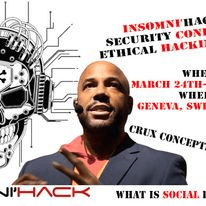
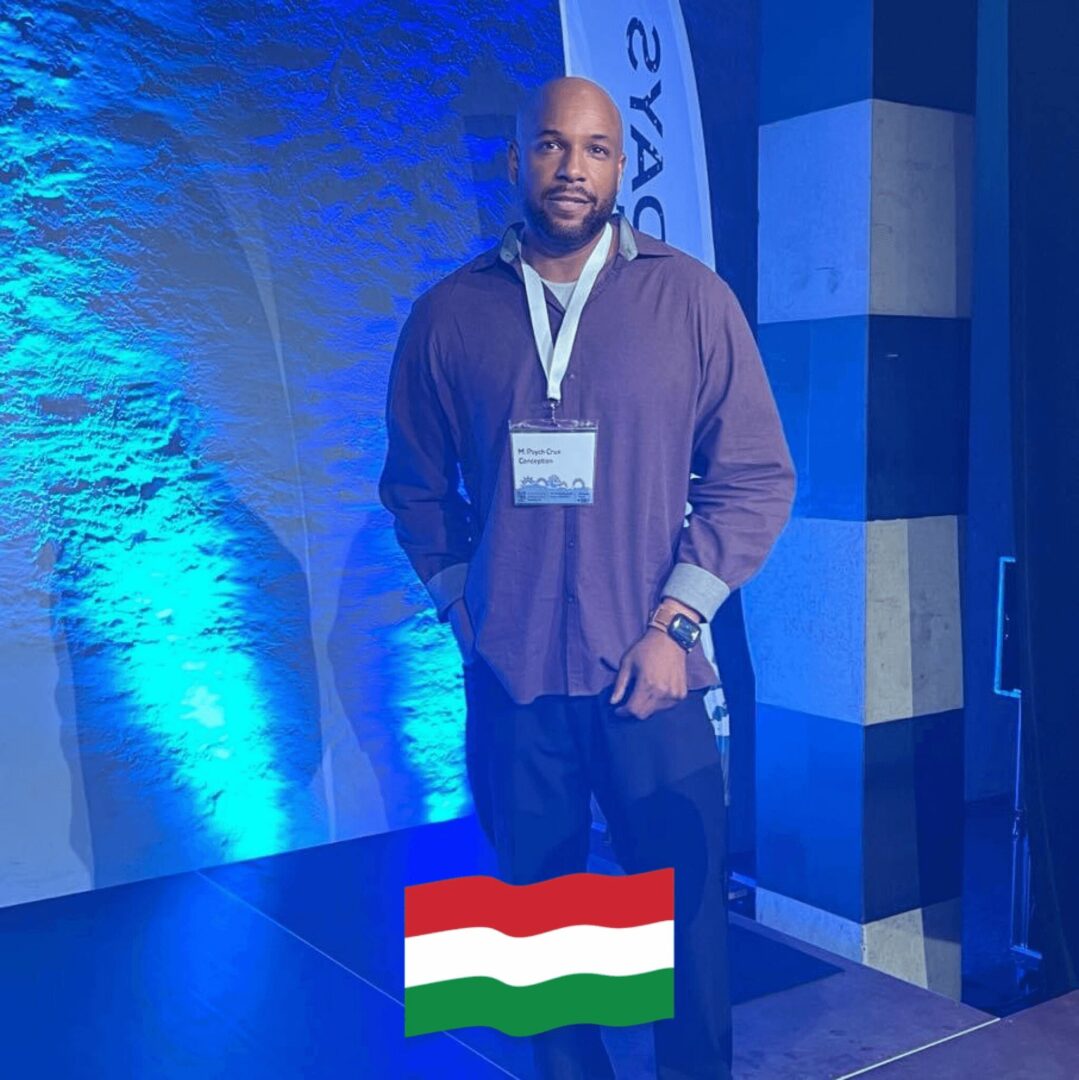
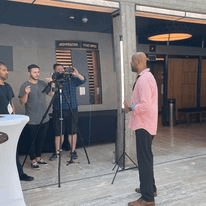
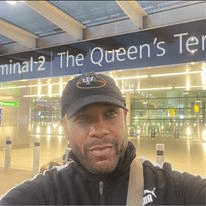
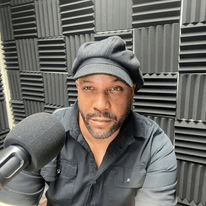
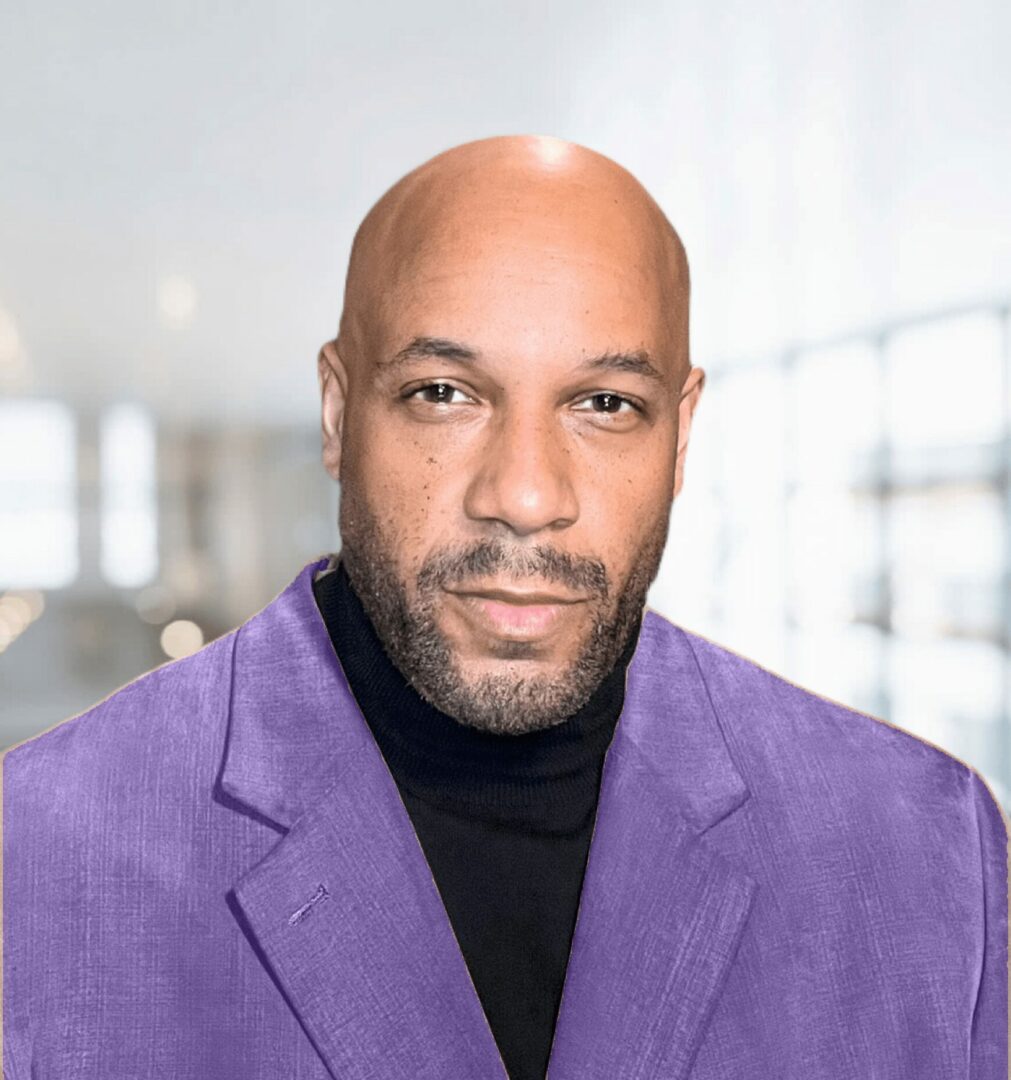
Image Credits
n/a
so if you or someone you know deserves recognition please let us know here.

